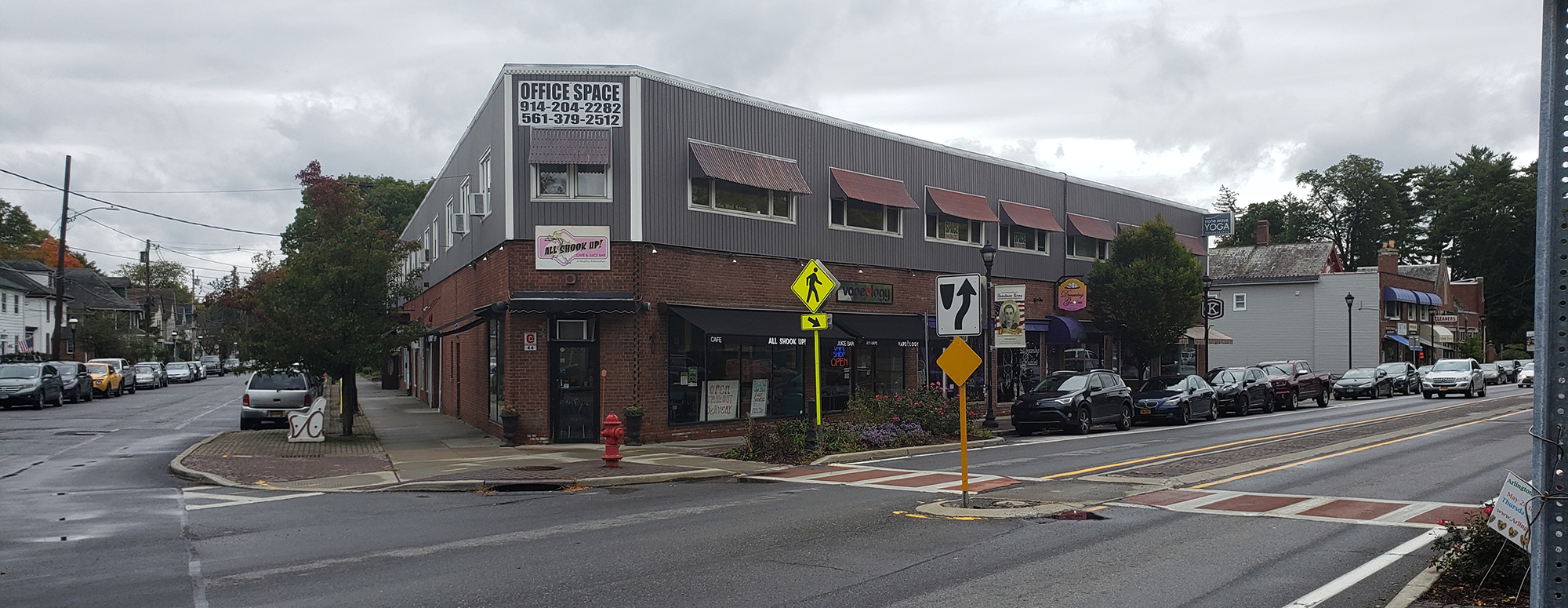By Vanessa Saunders, MBA, MIMC , Broker Owner, Global Property Systems Real Estate.
Kind of a downer for a Friday, but the end of Hudson Valley real estate as we know it has a pretty good chance of happening on January 1, 2023. Known as H.R. 824, or the PRO Act when it was passed in the House of Representatives on March 9 of this year, it is an amendment to the 1935 National Labor Relations Act (NLRA). President Biden is urging the Senate to pass it.
What is it? If passed, the PRO Act would classify real estate professionals (and pretty much all other gig workers) as employees rather than independent contractors. In a nutshell, it means that if you’re a real estate agent who works for a broker whose primary business is selling real estate, you must be an employee, subject to all federal employment benefits and expenses. The new law would go into effect on Jan. 1, 2023.
Why would such an innocuous sounding amendment be so dangerous to the real estate profession? According to the National Association of Realtors (NAR), 87 percent of all Realtors are independent contractors, and only 5 percent are employees. If real estate agents must shift to becoming employees, they will be entitled to a minimum wage, expense reimbursements, employee benefits, rest breaks, vacations and other benefits afforded to employees under federal law. It also means they will be forced to observe a new set of standards regarding how, when and where they perform their work.
According to an article in real estate industry magazine Inman News, the PRO act “would compel employers to terminate independent contractor relationships or submit to the added burdens of converting independent contractors to regular employees despite the preference of many contractors to remain independent.”
How will that affect your favorite local Hudson Valley real estate agent? The following are some of the changes the law will have within the real estate industry:
The PRO Act will standardize the way labor laws apply to real estate brokers and agents. To be a full-time employee working for themselves as agents do now, a Realtor would have to produce enough income to pay themselves minimum wage plus benefits, and make a profit for their broker, whom agents are still required to have.
So for an agent to “earn” a minimum wage of $15 per hour they would have to make $30,000 per year plus vacation time, sick leave and the 6.2 percent employers must pay to Social Security. Covering all those costs could easily be in the $45,000 to $50,000 range, and that’s with zero paid to the broker.
A lot of agents will disappear, unable to comply with federal wage laws. According to NAR, in 2019 the median income for Realtors last year was $49,700. So at least half the current Realtors wouldn’t earn enough to comply with federal employment laws, and would either have to quit, or work illegally.
The remaining agents will find their jobs to be much more “corporate.” They will no longer be able to work on their own terms as they have in the past. They could be required to attend any training programs mandated by their broker. Likewise, they could be forced to go to staff meetings or any other broker-mandated events, and may be subjected to increased supervision. Brokers could control the way agents deal with clients, and incentivize client ratings. Brokers could also establish quotas and tie bonus pay to production and customer reviews.
Part-time employees who have their real estate agent licenses could be hired and paid hourly to perform specific duties such as open houses, buyer showings and prospecting for leads. Other jobs could be outsourced to virtual assistants and companies brokers can hire on a business to business basis.
The PRO act will also affect brokers tremendously. Gone will be agencies depending on desk fees or high-agent counts for revenue. Instead, solo-practitioner brokerages and “teams” will spring up as agents try to keep their independence and run their own businesses.
Zooming out to a broader view, the sudden disappearance of so many agents who quit the business will affect national, state and local associations. Multiple Listing Services will either be put out of business or be forced to merge into regional groups to survive. The remaining agents will have to pay higher membership dues, but find fewer resources.
Real estate portals and industry vendors will feel the drop in their income commensurate with the decline in agents. Some will go out of business, affecting systems and the products agents relied on in the past.
Sounds like fun, doesn’t it? The PRO act will pass if Democrats can persuade ten Republican Senators to override any filibuster of the bill. Industry experts put the odds of it passing in the Senate at about 60-40.
See you in 2023.
This article was previously published at GlobalPropertySystems.com.













